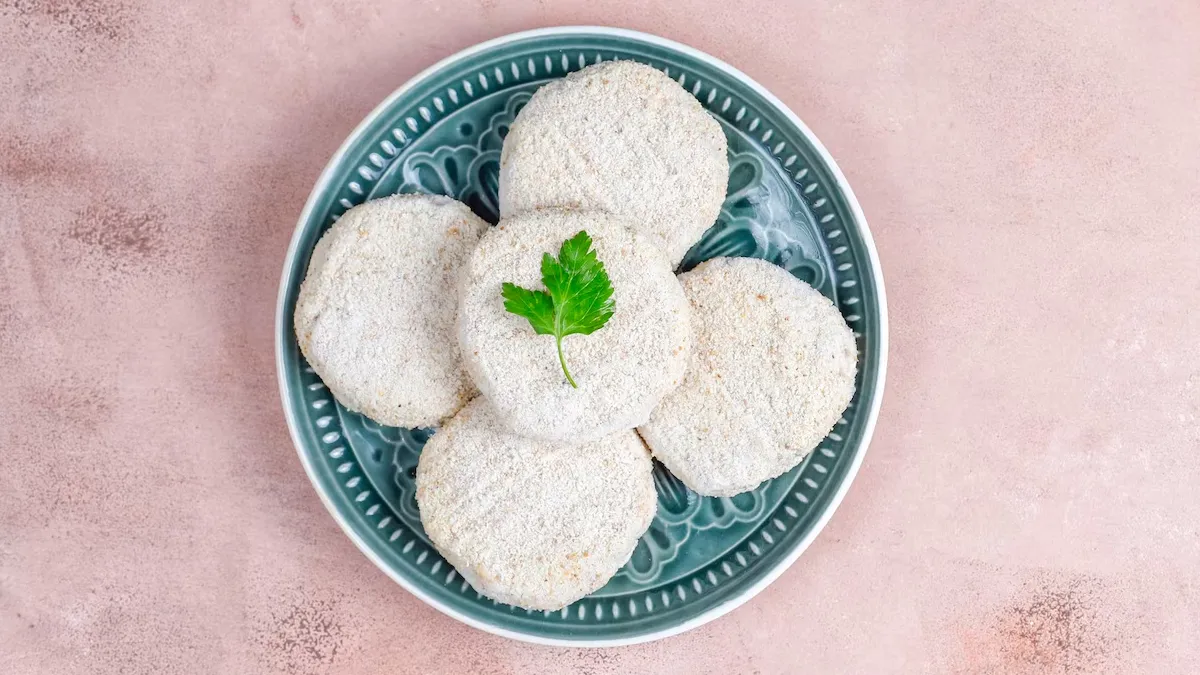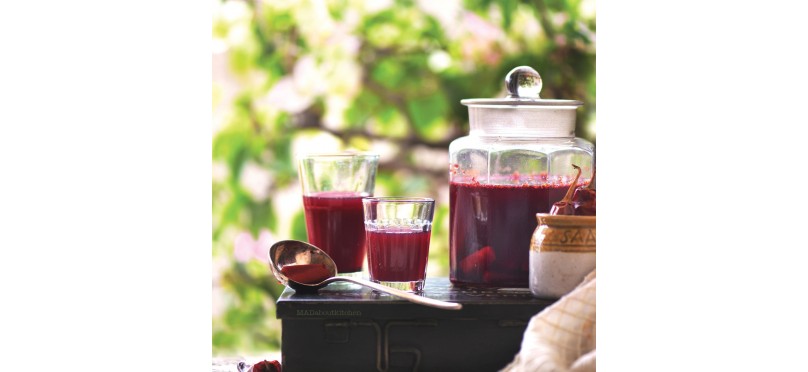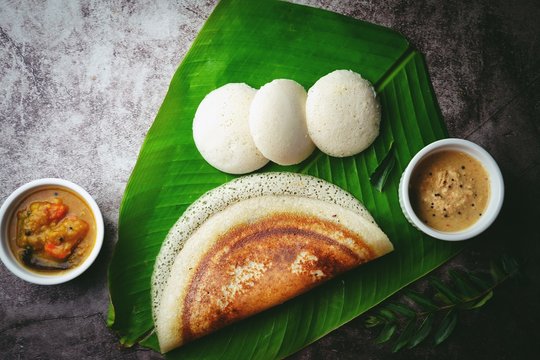
While yoghurt is the universally known Indian probiotic food, the rich and diverse culinary landscape of India features several lesser-known, traditional dishes that are naturally fermented and teeming with beneficial gut bacteria. ‘These four gut-friendly dishes are a testament to the wisdom embedded in traditional Indian home cooking, proving that supporting your microbiome can be both delicious and deeply rooted in tradition,’ as per Dr Archana Batra, Dietitian and Certified Diabetes Educator.
Often prepared during winter, especially in North India, Kanji is a vibrant, pungent, and tart drink made by fermenting black carrots, water, mustard powder, and salt.
The Probiotic Power: The fermentation process, which takes place over several days at room temperature, allows naturally occurring lactic acid bacteria (LAB) to proliferate.
Gut Benefit: This LAB enriches the gut flora, aiding digestion and boosting immunity. The deep purple colour comes from anthocyanins, powerful antioxidants that also contribute to overall health.

A popular Gujarati snack, Dhokla is a light, fluffy, steamed cake made primarily from fermented rice and split chickpea flour (also known as chana dal).
The Probiotic Power: The batter is left to ferment for several hours, a crucial step that not only makes the dish light and fluffy but also cultivates beneficial microbes, mainly Lactobacillus species.
Gut Benefit: Fermentation also breaks down complex proteins and carbohydrates, making the Dhokla easier to digest than unfermented flour products, thereby reducing gas and bloating.
Don't Miss: 5 Protein-Rich Vegetarian Foods To Add To Your Plate That Are Better Than Eggs
The foundation of South Indian cuisine, Idli and Dosa batter, is typically made from a mixture of ground rice and urad dal (black lentils) that is left to ferment overnight.
The Probiotic Power: The long fermentation time is a controlled process that increases the count of Leuconostoc and Lactobacillus bacteria dramatically. These are excellent probiotic strains.
Gut Benefit: The fermentation process increases the bioavailability of nutrients (like iron) and vitamins while breaking down phytic acid, making minerals more absorbable and the entire dish highly digestible.

A pungent and essential delicacy in Northeast Indian cuisine, particularly in states like Nagaland and Mizoram, Goundar (or various forms of fermented bamboo) is prepared by simple anaerobic fermentation in airtight containers.
The Probiotic Power: The natural sugars in the bamboo shoots are converted into lactic acid by robust bacteria, creating a strong, sour flavour and preserving the vegetable.
Gut Benefit: These traditional, non-pasteurised pickles are sources of active, diverse bacterial cultures, supporting gut flora variety—a key indicator of a healthy microbiome.
According to Dr Archana Batra, incorporating these traditional dishes regularly is a delicious and evidence-based way to diversify and strengthen your gut health, proving that India's ancient culinary practices are truly rooted in wellness.
Don't Miss: What Is Fibremaxxing? Decoding The Newest Nutritional Trend
If you liked this story, then please share it. To read more such stories, stay connected to HerZindagi.
Also watch this video
Herzindagi video
Our aim is to provide accurate, safe and expert verified information through our articles and social media handles. The remedies, advice and tips mentioned here are for general information only. Please consult your expert before trying any kind of health, beauty, life hacks or astrology related tips. For any feedback or complaint, contact us at compliant_gro@jagrannewmedia.com.